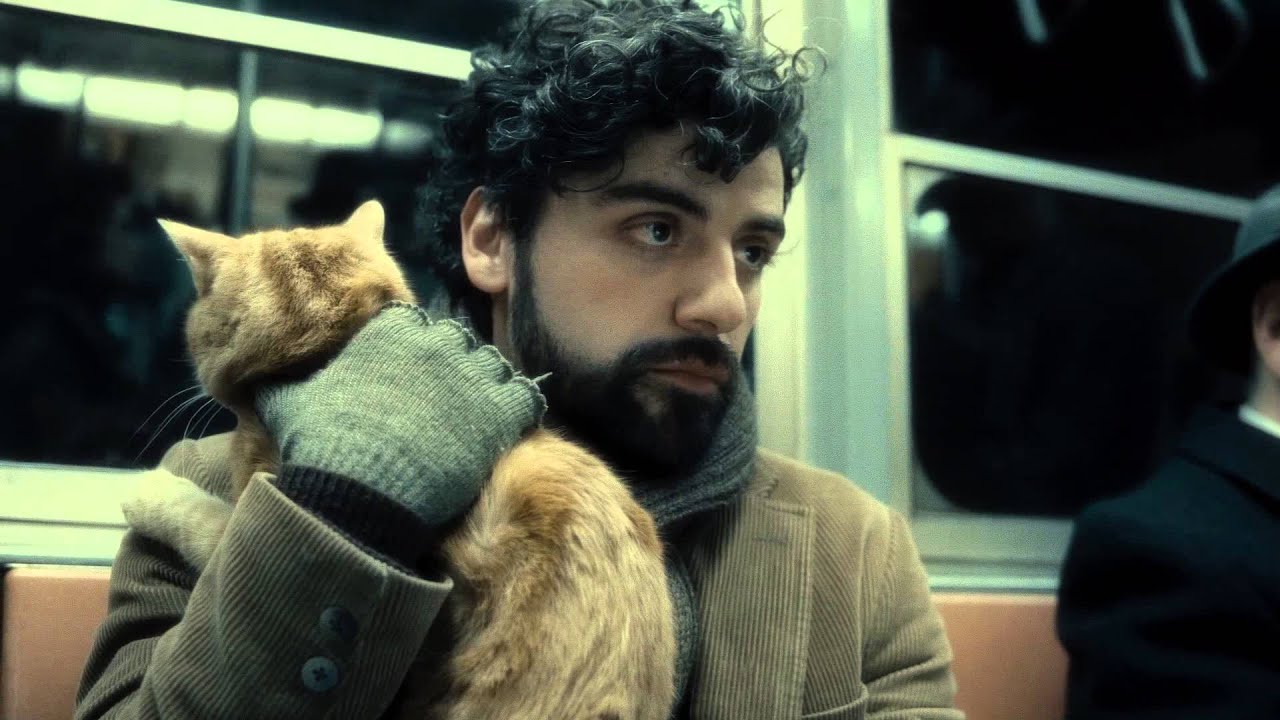The Water Diviner: Searching for Sustenance, and the Dead
The Water Diviner, the directorial debut of Russell Crowe, is a tumultuous mishmash of tones: part Indiana Jones adventure, part fish-out-of-water comedy, part Nicholas Sparks romance, all mystical goop. A throwback historical epic that’s as overwrought as it is uneven, it is almost redeemed by Crowe’s evident passion for his subject matter, which involves the Battle of Gallipoli and its woeful aftermath. Crowe clearly felt compelled to tell this story, and his ambition is admirable. His execution is another matter.
Crowe stars as Joshua Connor, a hardscrabble farmer whom we first see prowling the barren Australian landscape, searching for signs of water. It is 1919, four years after the wartime events at Gallipoli, which are presumed to have claimed the lives of Joshua’s three sons. After his wife, disconsolate from her children’s death, drowns herself in a makeshift pool of her husband’s own construction (oh, the irony!), Joshua resolves to travel to Gallipoli and locate his sons’ remains. When he arrives in Turkey, however, he learns that securing passage to the ruins is no easy task, and he takes up temporary residence in an Istanbul hotel operated by a fetching proprietor, Ayshe (Olga Kurylenko, stiff). Read More


 Slavery was horrible. This is not up for debate; it’s a fact. Yet our discussion of this wretched time in our civilization tends to feel removed and academic. How, we wonder, could society have countenanced the suppression of an entire race? What forces could have conspired to treat people as nothing more than property? Was nineteenth-century America motivated by economic gain, rationalizing that the ends justified the means, or did slave owners honestly believe in racial superiority? These are questions worth asking, lest such horrid history repeat itself, but they approach slavery more as an intellectual concept than as the actual, systemic brutalization of humans. 12 Years a Slave—Steve McQueen’s gripping, unapologetically savage account of one servant’s struggles—bucks that trend and instead takes a hauntingly intimate approach. It is not about slavery’s politics. It is about its mechanics.
Slavery was horrible. This is not up for debate; it’s a fact. Yet our discussion of this wretched time in our civilization tends to feel removed and academic. How, we wonder, could society have countenanced the suppression of an entire race? What forces could have conspired to treat people as nothing more than property? Was nineteenth-century America motivated by economic gain, rationalizing that the ends justified the means, or did slave owners honestly believe in racial superiority? These are questions worth asking, lest such horrid history repeat itself, but they approach slavery more as an intellectual concept than as the actual, systemic brutalization of humans. 12 Years a Slave—Steve McQueen’s gripping, unapologetically savage account of one servant’s struggles—bucks that trend and instead takes a hauntingly intimate approach. It is not about slavery’s politics. It is about its mechanics. As wonderful as it is to watch, American Hustle was assuredly a difficult film to make. It has a labyrinthine plot, replete with double crosses, false identities, fake accents, and cons nested inside other cons. Its structure is ungainly, with cascading flashbacks, multiple voiceovers, and repeated shifts in point of view. And its based-in-truth narrative, about the FBI’s ABSCAM sting in the 1970s, is laden with insider minutiae, ranging from the mechanics of organized crime to the breadth of political corruption to the egotism of law enforcement. You would think, given the need to balance all of these plates spinning on screen, that American Hustle would require a workmanlike and disciplined director, someone capable of streamlining the screenplay’s disparate elements and synthesizing its busy plot. Instead, it got David O. Russell.
As wonderful as it is to watch, American Hustle was assuredly a difficult film to make. It has a labyrinthine plot, replete with double crosses, false identities, fake accents, and cons nested inside other cons. Its structure is ungainly, with cascading flashbacks, multiple voiceovers, and repeated shifts in point of view. And its based-in-truth narrative, about the FBI’s ABSCAM sting in the 1970s, is laden with insider minutiae, ranging from the mechanics of organized crime to the breadth of political corruption to the egotism of law enforcement. You would think, given the need to balance all of these plates spinning on screen, that American Hustle would require a workmanlike and disciplined director, someone capable of streamlining the screenplay’s disparate elements and synthesizing its busy plot. Instead, it got David O. Russell. Not much happens in Inside Llewyn Davis, the sixteenth—and arguably most soulful—feature from the inimitable Joel and Ethan Coen. Its narrative is elliptical, to the point that it ends literally where it began. It chronicles a week in the life of a New York folk singer (Oscar Isaac, extraordinary) who shuffles from one indignity to the next; he crashes at various houses (“Got a couch?”), scrounges for any gig he can find, and huddles to keep warm, lacking a winter coat to protect him from the city’s bitter chill. It systematically deconstructs its title character, establishing his talent and promise before methodically breaking him down through a series of humbling, escalating defeats. Not much happens, and yet for Llewyn, so much does.
Not much happens in Inside Llewyn Davis, the sixteenth—and arguably most soulful—feature from the inimitable Joel and Ethan Coen. Its narrative is elliptical, to the point that it ends literally where it began. It chronicles a week in the life of a New York folk singer (Oscar Isaac, extraordinary) who shuffles from one indignity to the next; he crashes at various houses (“Got a couch?”), scrounges for any gig he can find, and huddles to keep warm, lacking a winter coat to protect him from the city’s bitter chill. It systematically deconstructs its title character, establishing his talent and promise before methodically breaking him down through a series of humbling, escalating defeats. Not much happens, and yet for Llewyn, so much does.